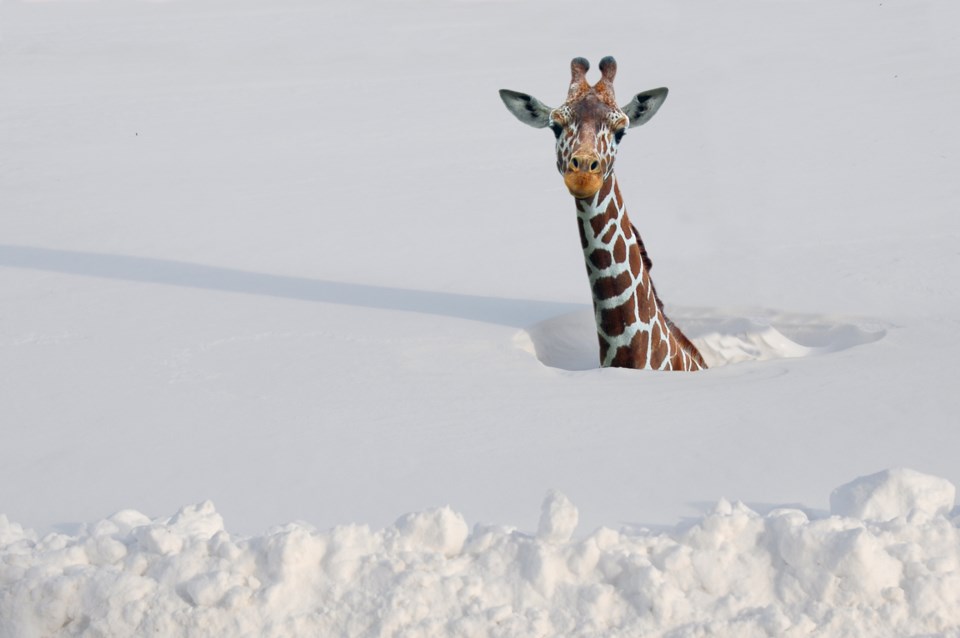The Conversation Canada published a story on March 14, 2019, that was incorrect.
The story was titled “Winter was frigid because the polar vortex got ‘drunk.’” The article tried to use a metaphor to explain the science behind the expansion of the polar vortex that sends cold air southward from the Arctic. It mistakenly linked a depletion of ozone to the destabilization of the stratospheric polar vortex.
After publishing the story, we were alerted about some inaccuracies by Zachary Lawrence, a PhD candidate at the New Mexico Institute of Mining and Technology whose research focuses primarily on the Arctic stratospheric polar vortex.
On a comment posted to the original article, Mr. Lawrence noted that polar vortex events “are not overtly related to ozone amounts, and thus humans are not responsible for such events via pollution and ozone depletion.” The author of the article, Jason Tetro, says “additional information provided by Mr. Lawrence revealed my misinterpretation” of the science.
We recognize this article did not meet our editorial standards and greatly appreciate that Mr. Lawrence brought the matter to our attention.
